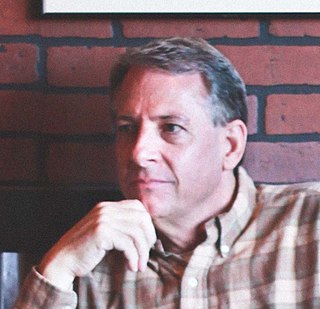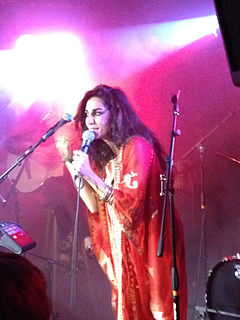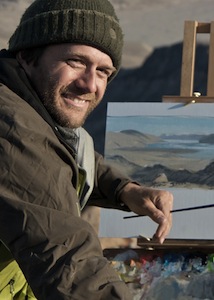A Quote by Astra Taylor
All the utopianism of the early days of the Internet seems to have dissipated. But I don't want us to lose that utopianism altogether, even if it was naïve and ill-informed and sometimes silly. Rather I want us to ask about the obstacles that are preventing the good stuff from coming to fruition. Let's investigate and think about creating something worthwhile instead of assuming that there is an inevitable track of increased centralization, consolidation, and commercialization that we can't do anything about.
Quote Topics
About
Altogether
Anything
Ask
Assuming
Centralization
Coming
Commercialization
Consolidation
Creating
Creating Something
Days
Early
Early Days
Even
Fruition
Good
Ill
Increased
Inevitable
Informed
Instead
Internet
Investigate
Lose
Obstacles
Preventing
Rather
Seems
Silly
Something
Sometimes
Stuff
Think
Track
Us
Want
Want U
Worthwhile
Related Quotes
I think utopianism and eschatology are really two sides of the same coin. They both assume that some massively transformative event is going to happen that's going to completely change the nature of society. They only disagree on whether we get a happy ending or all die horribly. And so utopianism is on the wane right now because at the moment most of the plausible candidates for huge historical transformation look like they're going to kill us.
These days, more than any other time, we are worried about our personal life, our private life. When we talk about our private life, it means our home, our body even. It seems that when we want to have calmness in this world, we make a wall around us. This gives us a very calm environment, and when we feel that somebody is intruding into that, it makes us very angry and we feel we have to do something about it.
Reading about utopianism, and eventually creating characters with their own utopian ambitions, was the way I learned to live with being a pregnant person, to stave off the sense of incipient disaster. You're bringing a person into this overcrowded world, knowing they're one day going to die and there's nothing you can do about it.
I'm trying to be morally responsible and no more. I don't have an agenda I'm trying to push. People talk about Three Days of the Condor as being anti-government but the last statement in that movie is the CIA guy saying to Robert Redford, "Ask 'em when they're running out. Ask 'em when there's no heat in their homes and they're cold. Ask 'em when their engines stop. Ask 'em when people who have never known hunger start going hungry. You want to know something? They won't want us to ask 'em. They'll just want us to get it for 'em!"
Are we, as humans, gaining any insight on how to talk about ourselves and how something as abstract as a Charlie Parker record gets us into a dialogue about our emotions and our thoughts? Sometimes we lose sight that the music has a wider context. So I want to continue those dialogues. Those are the things I want to foster.
The internet is watching us now. If they want to. They can see what sites you visit. In the future, television will be watching us, and customizing itself to what it knows about us. The thrilling thing is, that will make us feel we're part of the medium. The scary thing is, we'll lose our right to privacy. An ad will appear in the air around us, talking directly to us.
A whole lot of us go through life assuming that we are basically right, basically all the time, about basically everything: about our political and intellectual convictions, our religious and moral beliefs, our assessments of other people, our memories, our grasp of facts. As absurd as it sounds when we stop to think about it, our steady state seems to be one of unconsciously assuming that we are very close to omniscient.
There's the part that I just want what I want, and I don't want to be bothered by anything else, and sort of the short-term more compulsive self. And then that's the longer-term, aspirational self that wants to be informed about the world and wants to be a good citizen. The best media basically helps us strike a balance between those two things.
I think when people think of music from coming from Oklahoma, they think of Toby Keith or even Garth Brooks or even Woody Guthrie. People think, "Why do we have to just be about the Bible and about football? Why can't we be about something like the Flaming Lips?" And I salute them! I say, "Well, that's great if you want that."





































